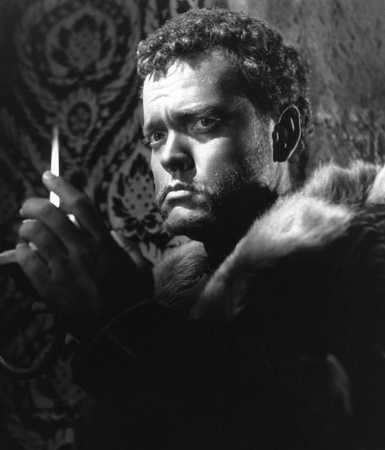shakahislop
Well-known member
i don't know if i'd even recommend it to be honest. it was OK. there were good bits. i'd recommend it but the reservation would be that the second half is worse than the first.So... yeah, with reservations right?
One thing I don't know much about is Netflix so can't comment... or, missed that let's say.
on netflix it specifically reminded me of this LA based one-off series that the new york times was into where there's like one rich lady in a mansion and one poor dude who have a car crash and then start trying to mess with one another's lives. it was the same tone. plus the crowbarred in 'making points'. the style of filming i thought was similar to netflix productions as well. basic and functional. between that and the usual thing of it being shot on digital, it makes 90s films (that i'm watching a lot of at the moment) look luxurious. i saw this film the music of chance as well over the weekend, a really minor thing all things considered, but there's an additional level of care to it.

